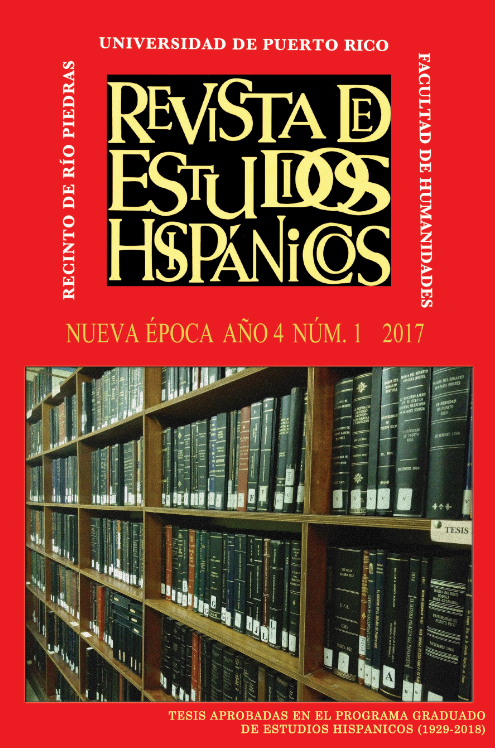Abstract
Isaac Rosa‘s narrative is unique by the way it highlights the Spanish society main social issues after the Franco-dictatorship era. In his novel El país del miedo, Rosa uses the fictional narrative juxtaposed with several inter-texts to represent how employing the fear speech typically operated by the authorities, the contemporary states control citizens, not only with repressive actions but also by manipulating the media and the market. Considering the theories proposed by Michael Foucault and Zygmunt Bauman, it is possible to explore how through the fictional characters, especially the protagonist, the author highlights the primary mechanisms used by contemporary States to control citizens. These mechanisms mainly include magnifying the insecurity speech and forcing citizens to concede their civil rights, with the principal goal of subverting the vulnerability of people by the threats contained in the mediatic and mercantile discourses.This work is licensed under a Creative Commons Attribution-NonCommercial 4.0 International License.
Downloads
Download data is not yet available.

